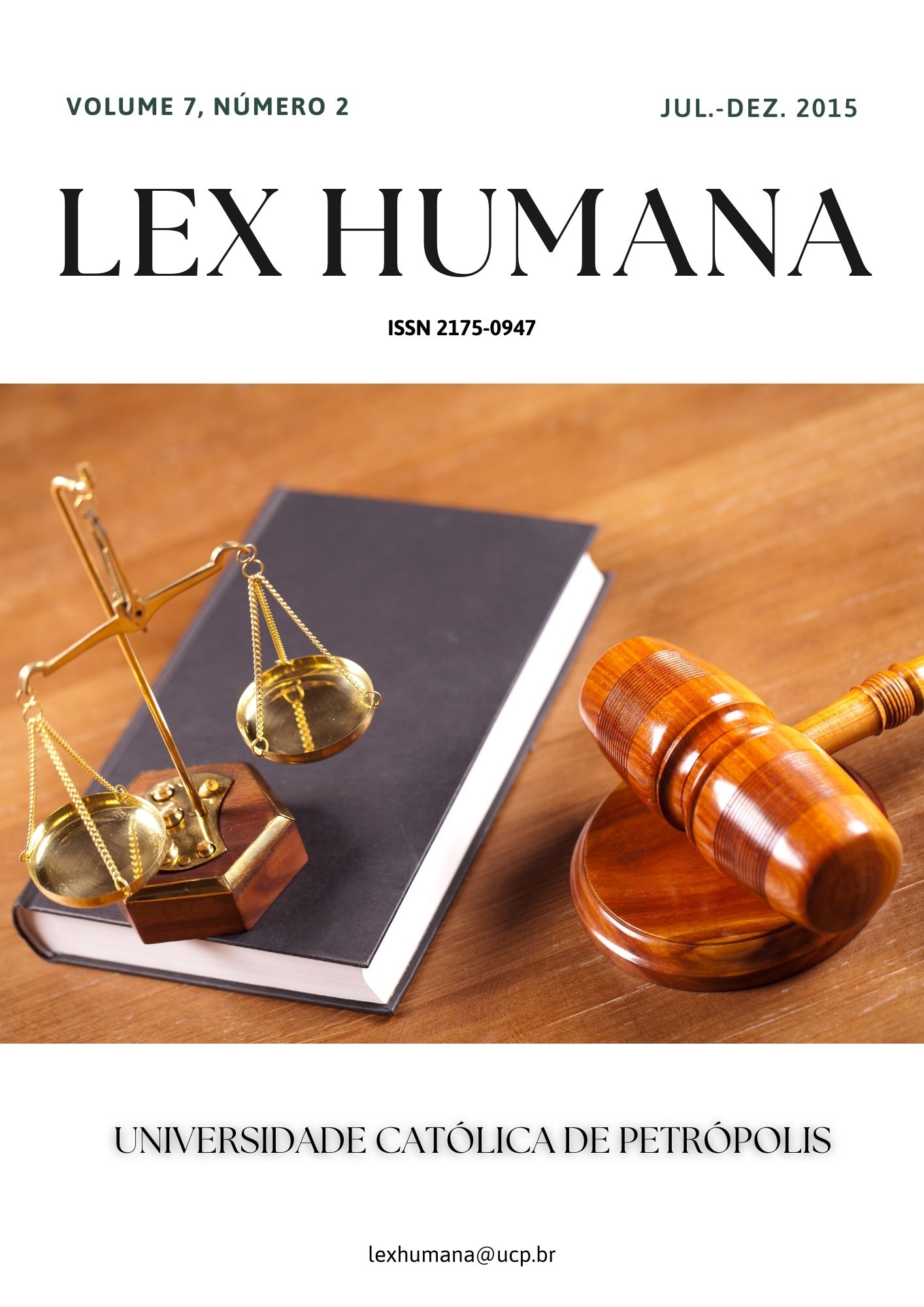Resumo
This paper aims to give the reader a brief panorama on the role of jurisdiction in Brazil´s democratic regime building process afterwards the October 5, 1988 constitution. On this context it becomes necessary to analyse how free and independent are first grade judges to decide the judicial cases given up to their constitutional frame of jurisdiction. The issue gets relief due to the Brazilian National Council of Justice Resolution 106/2010. It is important to bring to light the resolution´s content in order to display it´s unconstitutional profile by determining that judges progression in career would be determined by how and if their decisions suit and follow the legal positions stablished by other superior and higher courts, both state or federal courts according to its constitutional framework to judge a case. Some resolution´s articles directly affect and violate the principle of independence for judges to form freely their understanding on a case under judgement and the Ferrajoli´s concept of constitutional garantism as a basis for the democratic regime. Applied in Brazil´s scenario the situation implies on many steps backwards and an enormous setback for republicanism and the state of law.
